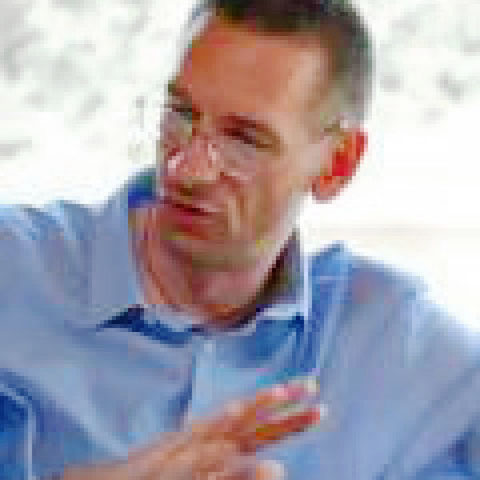KLI Colloquia are invited research talks of about an hour followed by 30 min discussion. The talks are held in English, open to the public, and offered in hybrid format.
Fall-Winter 2025-2026 KLI Colloquium Series
Join Zoom Meeting
https://us02web.zoom.us/j/5881861923?omn=85945744831
Meeting ID: 588 186 1923
25 Sept 2025 (Thurs) 3-4:30 PM CET
A Dynamic Canvas Model of Butterfly and Moth Color Patterns
Richard Gawne (Nevada State Museum)
14 Oct 2025 (Tues) 3-4:30 PM CET
Vienna, the Laboratory of Modernity
Richard Cockett (The Economist)
23 Oct 2025 (Thurs) 3-4:30 PM CET
How Darwinian is Darwinian Enough? The Case of Evolution and the Origins of Life
Ludo Schoenmakers (KLI)
6 Nov (Thurs) 3-4:30 PM CET
Common Knowledge Considered as Cause and Effect of Behavioral Modernity
Ronald Planer (University of Wollongong)
20 Nov (Thurs) 3-4:30 PM CET
Rates of Evolution, Time Scaling, and the Decoupling of Micro- and Macroevolution
Thomas Hansen (University of Oslo)
RESCHEDULED: 18 Dec (Thurs) 3-4:30 PM CET
Chance, Necessity, and the Evolution of Evolvability
Cristina Villegas (KLI)
8 Jan 2026 (Thurs) 3-4:30 PM CET
Embodied Rationality: Normative and Evolutionary Foundations
Enrico Petracca (KLI)
15 Jan 2026 (Thurs) 3-4:30 PM CET
On Experimental Models of Developmental Plasticity and Evolutionary Novelty
Patricia Beldade (Lisbon University)
29 Jan 2026 (Thurs) 3-4:30 PM CET
Jan Baedke (Ruhr University Bochum)
Event Details

Topic description:
Living systems are fundamentally dynamic, but prevailing mechanistic approaches to understanding life typically focus on their analysis into collections of essentially “static” entities. While basic molecular entities — genes, RNAs, proteins, etc. — clearly provide a vital part of the substrate for life, we also need to understand the origin, nature and inheritance of phenotype, considered as a dynamic pattern of organisation. An individual’s genotype provides only part of the information required to understand its phenotype; environmental (including maternal) conditions also contribute, as illustrated by phenotypic plasticity and polyphenism. The formalism of dynamical systems provides organisational structures that provide a way of addressing these issues. In the context of living systems, an individual’s genotype can be thought of as specifying part of a dynamical system, with additional information coming from the context in which the genotype is expressed. In this view, the genotype “codes” explicitly only for sets of potentialities. I will explore the ways in which dynamical systems provide a perspective on living systems that is more naturally processual than mechanistic, providing the means for understanding how organisation and structure can interact.
Biographical note:
After reading Natural Sciences and Mathematics as an undergraduate, Nick Monk studied for a PhD at Birkbeck College, London with Basil Hiley. At Birkbeck, he contributed to the development of a fully algebraic formalism for quantum mechanics that provides a mathematical realisation of a process-based ontology. Since obtaining his PhD, his research has focused on mathematical modelling of biological phenomena, predominantly in the context of cell and developmental biology. A central concern in this work has been the importance of dynamics in living systems, and a current focus is on the ways in which the structures of dynamical systems can be used to provide a more process-based approach to biology. He has held positions in Oxford, Nottingham and several Departments in Sheffield, and is currently a professor in the School of Mathematics and Statistics at the University of Sheffield, and a Visiting Fellow at the KLI.


